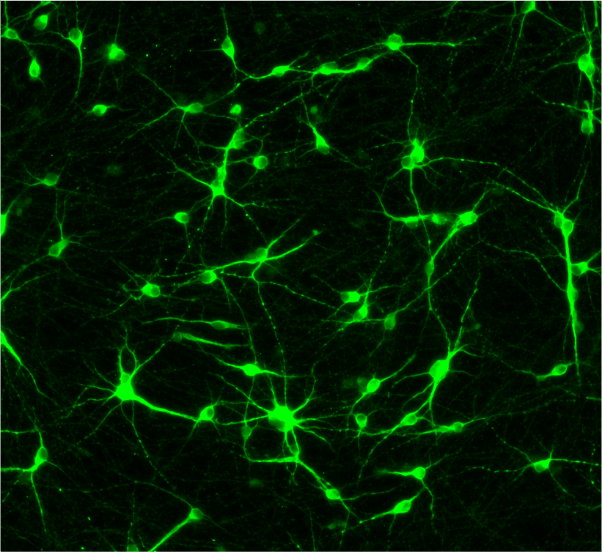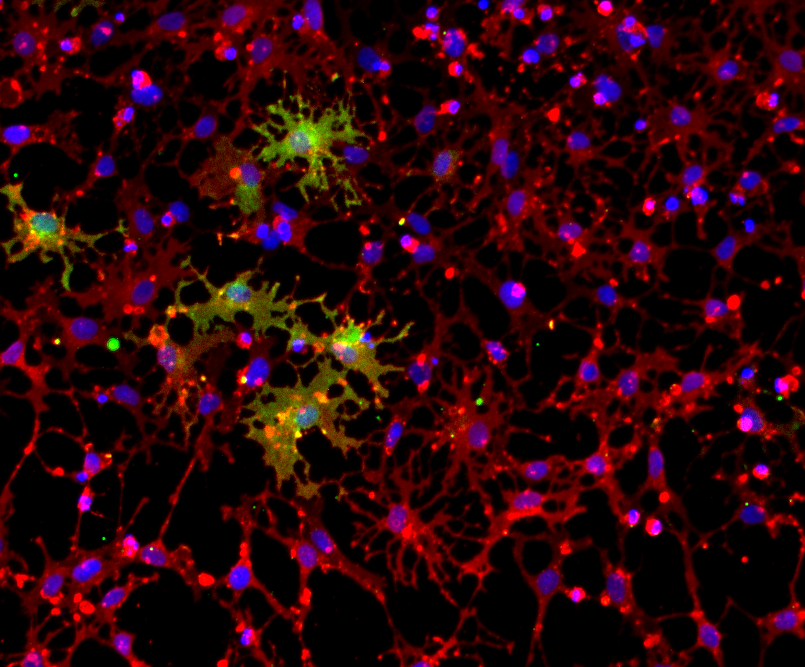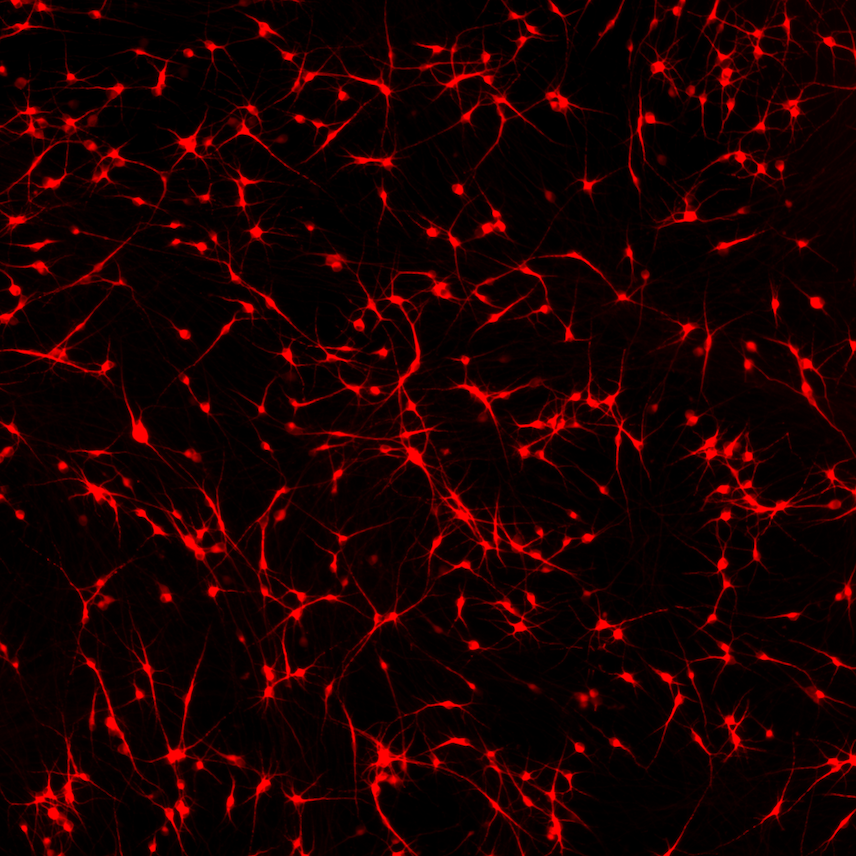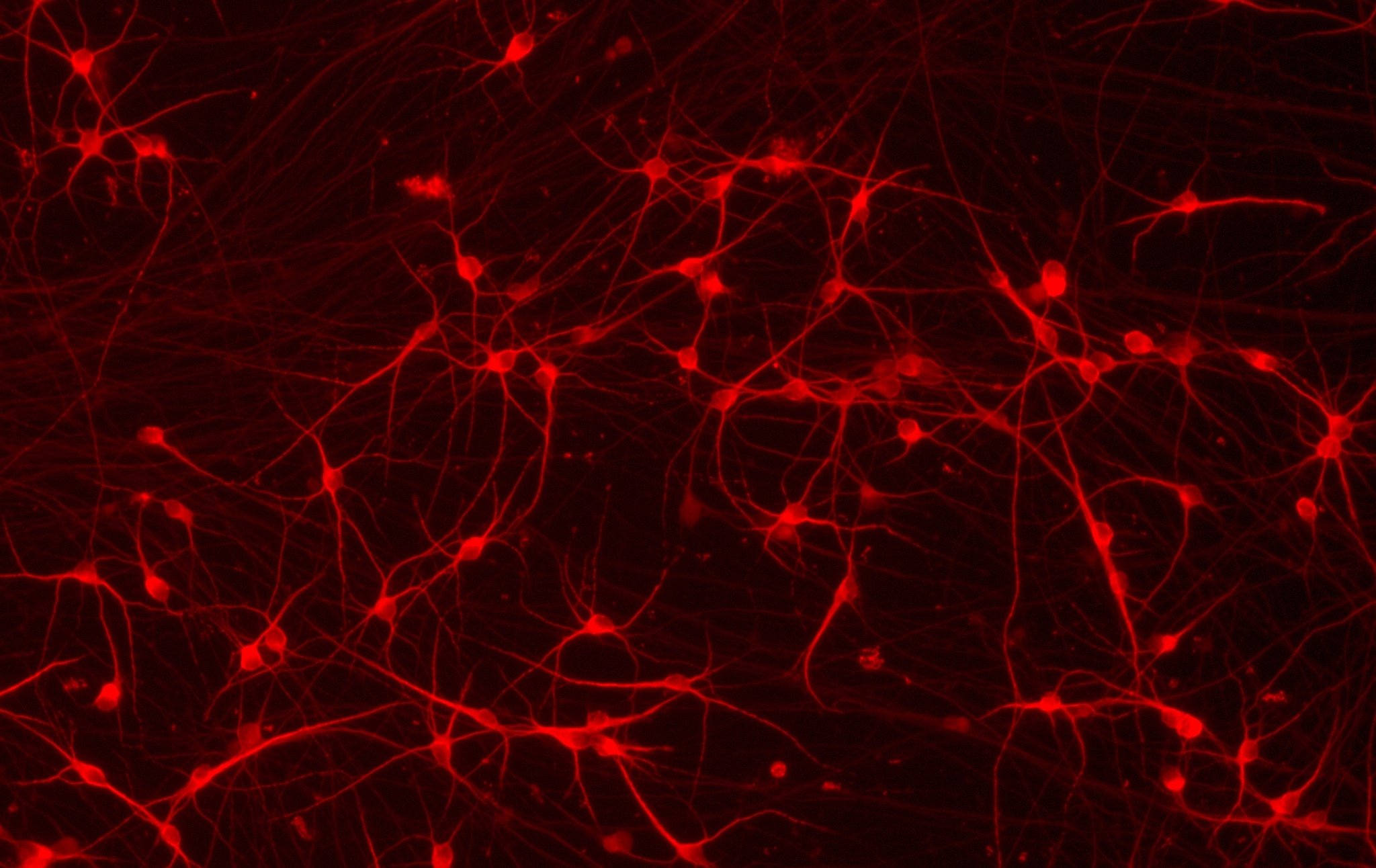Discover
CRISPR-Ready ioCells


Human iPSC-derived cells engineered to stably express Cas9 nuclease or dCas9 variants
Simplify gene knockout, activation, and interference experiments in human iPSC-derived cells.
opti-ox powered CRISPR-Ready ioCells are powerful first-of-their-kind functional genomics tools for studying your genes of interest in a physiologically relevant model. With these cells, you are empowered to perform CRISPR knockout, activation, and interference experiments in defined, consistent, characterised, and functional human cells within days, even if it's your first time using CRISPR or iPSC-derived cells.
Our optimised cell culturing and guide delivery protocols bring simplicity to complexity. For the first time, functional genomics experiments in human iPSC-derived cells can be as easy and routine as similar experiments in immortalised cell lines.
ioCells are for research use only.
How CRISPR-Ready ioCells will transform your functional genomics workflows
Go beyond immortalised cells
Routinely generate high-efficiency gene perturbations in defined, consistent and functional human cells that can scale to CRISPR screening workflows.
Everything is optimised for you
Our optimised cell culture and guide delivery protocols mean you only need to refine your guide RNA designs to run high-efficiency CRISPR experiments.
Generate results in a matter of days
The cells are delivered cryopreserved, ready for guide delivery by transfection or transduction within days post-thaw.
See how CRISPRko-Ready ioCells can be used to rapidly generate gene knockouts and CRISPR screens
This poster demonstrates how high-efficiency gene knockouts can be achieved in CRISPRko-Ready ioMicroglia using both lentiviral and lipid-based gRNA delivery methods. It also showcases a CRISPR knockout screen in CRISPRko-Ready ioMicroglia that identified 17 genes responsible for modulating LPS-induced innate immune responses.
See how opti-ox powered cells empower researchers to push the boundaries of CRISPR screens
Watch this webinar to hear from Emmanouil Metzakopian, PhD, neuroscientist and expert in functional genomics in human iPSC-derived cells. His team used human iPSC-derived neurons, powered by opti-ox and stably expressing Cas9 to generate large-scale CRISPR screens to identify new therapeutic targets for the treatment of neurodegenerative diseases.
Use our optimised guide delivery protocols, and go from seeding to gene knockout, activation, or interference in days

Browse our CRISPR-Ready ioCells
Our expert team is on hand to help you ensure success with every experiment
Access support from our expert scientific team at any time. With decades of hands-on CRISPR experience, the team is available to provide advice on your next CRISPR experiment.

Custom CRISPR screens and CRISPR-Ready ioCell development
If we don't currently have the cells your target identification and validation workflows need, our team of experts can develop new CRISPR-Ready ioCells in any ioWild Type Cell background. Additionally, if you are looking to outsource the development of high throughput CRISPR screens in CRISPR-Ready ioCells, we can design, build and run these for you.

ioCells catalogue
Human iPSC-derived cells
powered by opti-ox
Consistent. Defined. Scalable.
Browse ioCells portfolio
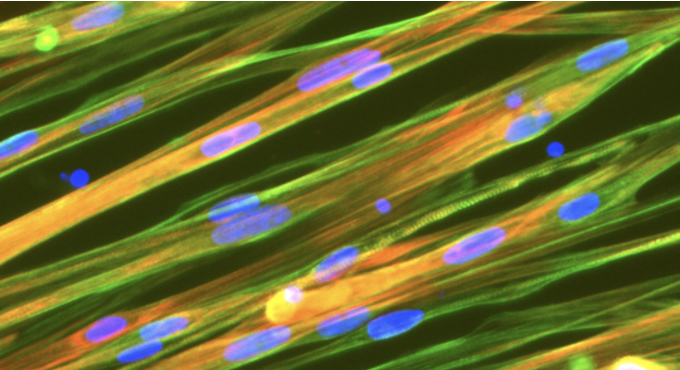
ioWild Type Cells
ioWild Type Cells are defined, easy-to-use, functional iPSC-derived human cells from a healthy donor background that are ready for fundamental research and drug discovery experimentation within days.

ioDisease Model Cells
ioDisease Model Cells are ioWild Type Cells engineered to contain disease-relevant mutations. ioDisease Model Cells and ioWild Type Cells form an isogenic pair allowing scientists to make true comparisons.

Custom Cell Development
We provide our partners with the ability to develop and access any human cell type at scale, removing the experimental burden of cell models that are not translatable, scalable or an accurate representation of disease.

Custom ioDisease Model Cells
Remove the challenges associated with animal models, patient-derived cells and directed differentiation protocols from your workflows, and start collecting disease-relevant data you can trust in a human context.


